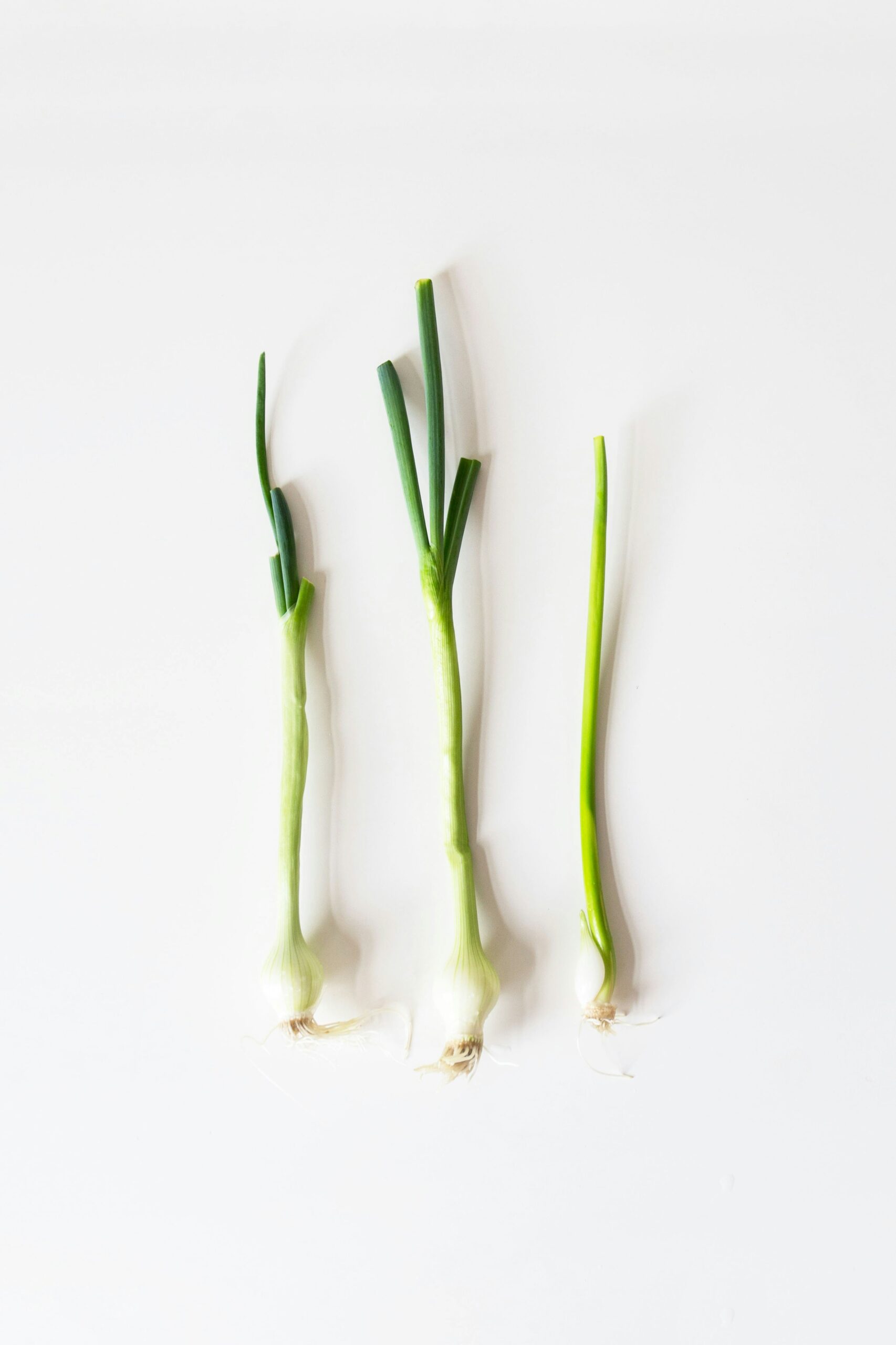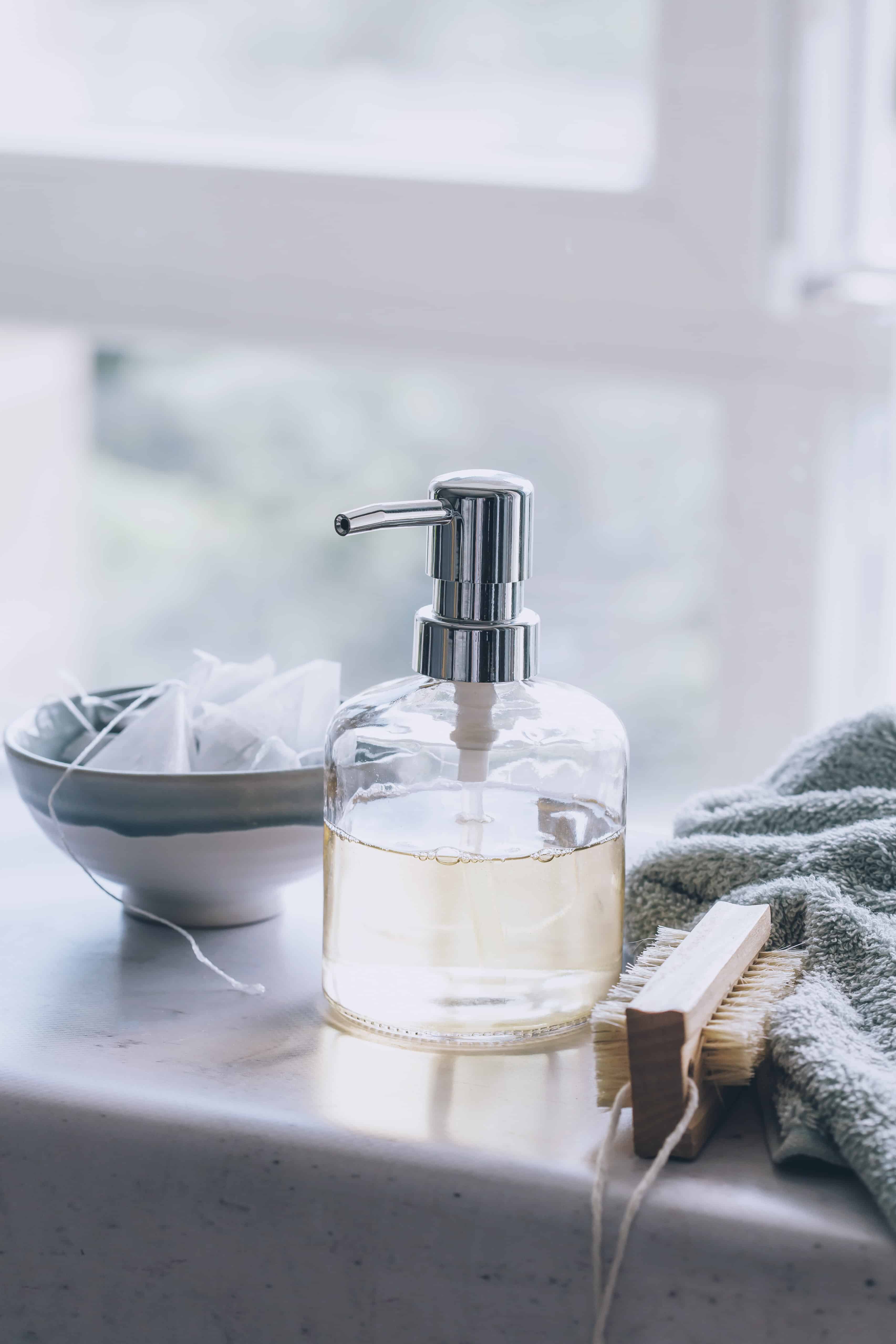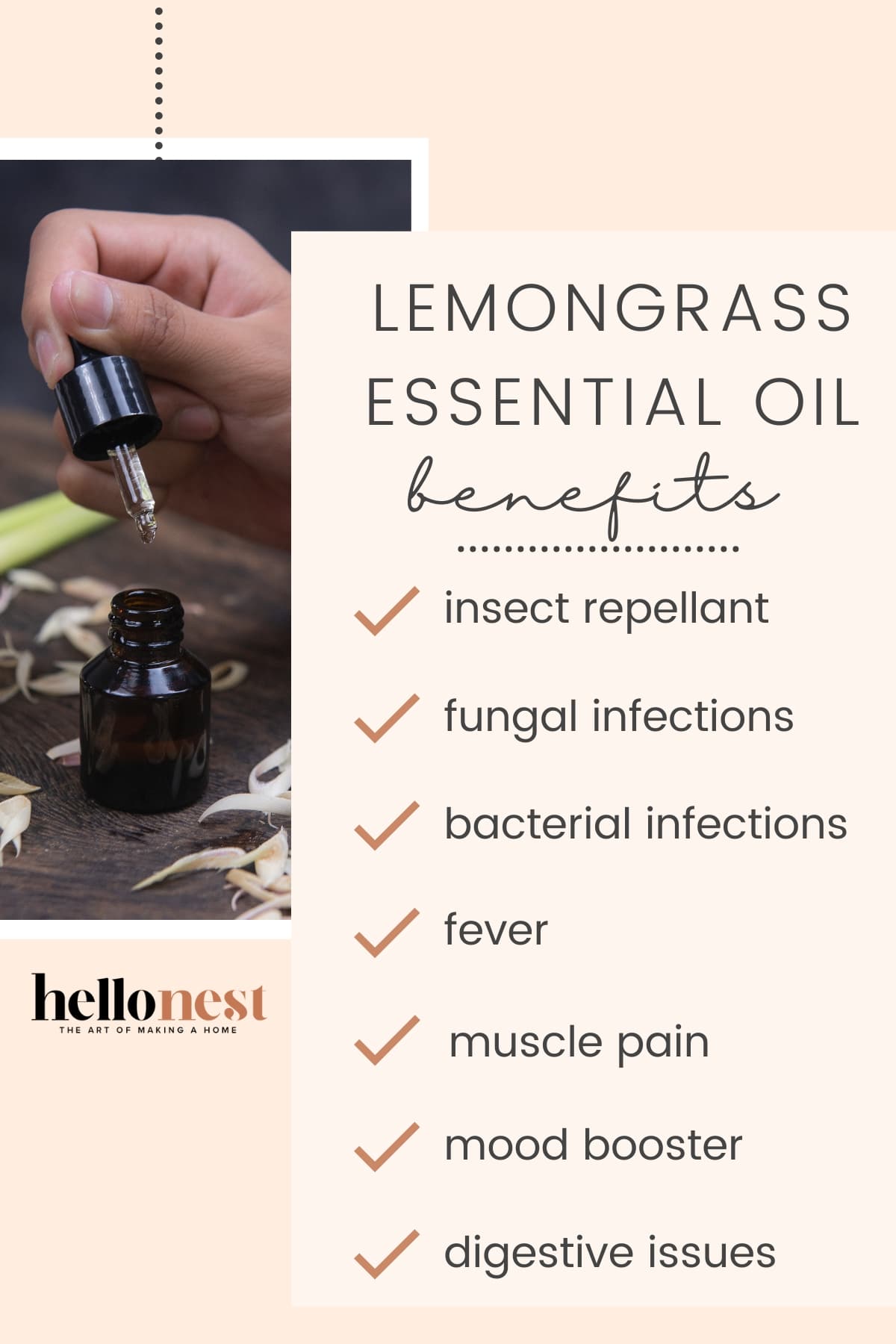The scent of lemongrass always reminds me of summertime. Its lemony, herbaceous scent makes me think of long summer evenings spent outside with family. And really, it’s no wonder—the lemongrass plant grows in warm climates, and the essential oil is often used in homemade bug repellent recipes.
But lemongrass essential oil isn’t only for use in the summertime. It has numerous benefits that make it extremely useful any time of year. Just like other essential oils, lemongrass is wonderfully complex and versatile.
In fact, you may be surprised to learn just how many uses it has. Keep reading to learn some of the things you can do with lemongrass essential oil.
7 Benefits of Lemongrass Essential Oil + Ways to Use It
1. Insect repellent
Probably what’s most commonly known about lemongrass essential oil is the fact that it’s an effective insecticidal [source]. Specifically, it is used to repel fleas, ticks, lice, ants, and mosquitoes. However, interestingly enough, it is also frequently used to attract bees and keep the hive healthy.
When combined with other insecticidal essential oils, such as lemon eucalyptus, citronella, and lavender, lemongrass can make an especially effective bug repellent. You can use it in a bug bite spray or bug-repelling bracelet. Another option would be to simply diffuse lemongrass throughout your home to deter unwanted pests.
2. Fungal infections
Lemongrass has powerful antifungal properties. This makes it a great choice when dealing with fungal infections. In one study, lemongrass was found to be very effective when used with citral oil to treat infections caused by Candida, a common skin fungus [source] that causes ringworm, thrush, jock itch, and athlete’s foot. Lemongrass is also a great hair essential oil for dandruff that’s a result of yeast overgrowth [source].
However, it’s important to note that lemongrass essential oil is considered a skin sensitizer, so it should be used in diluted amounts—no more than 0.7% according to Essential Oil Safety, and it should never be applied on damaged or irritated skin.
3. Bacterial infections
Lemongrass also has potent antimicrobial properties and is considered an effective treatment against bacterial infections. In fact, a study found that even at lower concentrations, lemongrass oil was effective against certain drug-resistant organisms [source].
It can easily be used to help protect the immune system from unwanted pathogens if exposure to illness is suspected or if you simply want to purify the air. You can do this by diffusing it throughout your home periodically or washing your hands with this homemade green tea and lemongrass hand soap.
4. Fevers
Next time you’re dealing with a fever, you might try some lemongrass essential oil. Lemongrass is a natural antipyretic, according to The Illustrated Guide to Essential Oils. This means it can help reduce fevers. In fact, in Jamaica, lemongrass is referred to as “fever grass” and is commonly consumed as a tea to reduce fevers.
If you don’t have any fresh lemongrass on hand, you can simply diffuse the essential oil or combine 3 drops with 1 ounce of carrier oil in a lukewarm bath to help bring down a fever (for use only in children aged 5 years and above).
5. Muscle Pain
Due to its anti-inflammatory properties, lemongrass is also used as a pain-reliever. A 2014 study found that components in lemongrass leaf extract showed significant anti-inflammatory activity [source]. Considering the fact that inflammation is one of the main causes of pain, it’s no wonder that lemongrass can be helpful when dealing with pain.
For a simple pain-relieving massage oil, simply combine 2 to 3 drops of lemongrass essential oil with 1 tablespoon of carrier oil and massage it into the sore area. To increase the pain-relieving benefits of this recipe, consider adding other pain-relieving essential oils, such as lavender, eucalyptus, sweet orange, or peppermint.
6. Mood booster
Many essential oils are known to help boost your mood, and lemongrass happens to be one of them. Lemongrass is especially beneficial for stress-related issues, according to The Illustrated Guide to Essential Oils, and can help with mental exhaustion as well.
For a natural emotional pick-me-up, diffuse lemongrass with other mood-boosting essential oils such as bergamot, lemon, lime, lavender, or peppermint. Or try this summer essential oil blend with lemongrass, thyme, and rosemary to bring in the scent of fresh summer herbs.
- 3 drops lemongrass
- 1 drop thyme
- 2 drops rosemary
7. Stomach & digestive issues
Lemongrass is also helpful for multiple digestive issues. In fact, a Brazilian study found that lemongrass essential oil had gastroprotective properties when it was used to treat mice with gastric damage from ethanol [source]. It’s also beneficial for indigestion, colitis, stomach ulcers, and other gastrointestinal disorders, according to The Complete Book of Essential Oils and Aromatherapy by Valerie Ann Worwood.
So, next time you’re having stomach issues, try diffusing lemongrass essential oil to help stimulate digestion. Or, combine 2 to 3 drops of lemongrass with 1 tablespoon of carrier oil and use it to massage your abdomen in circular and downward motions.
It’s more than just bug spray!
Lemongrass is more than just an essential oil to repel bugs. It is so much more versatile! With its diverse therapeutic properties, it can be beneficial for a multitude of issues, including infections, stress, muscle pain, fevers, digestive issues, and so much more [source].
And even though it is considered to be a skin sensitizer, lemongrass essential oil can still be used for diffusing, diluted in topical applications, and even in the bath. So, next time you’re dealing with any of the problems I’ve mentioned above, I encourage you to give lemongrass a try. Used correctly, I have no doubt that you’ll see just how effective it can be.
This post was medically reviewed by Dr. Holly Smith, a board-certified physician in nephrology and internal medicine with a background in nutrition. Learn more about Hello Glow’s medical reviewers here. As always, this is not personal medical advice, and we recommend that you talk with your doctor.
4


Leave a Reply